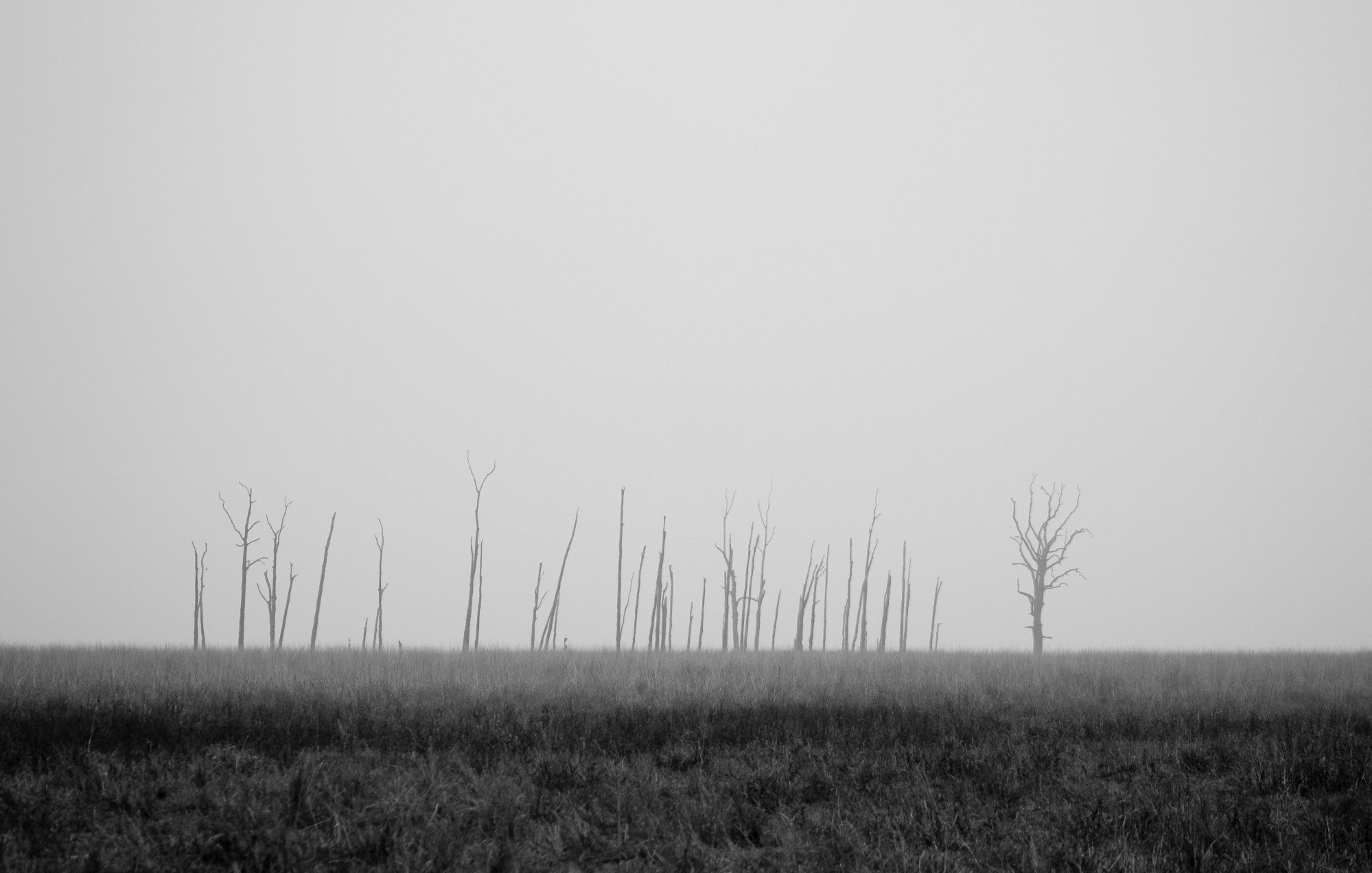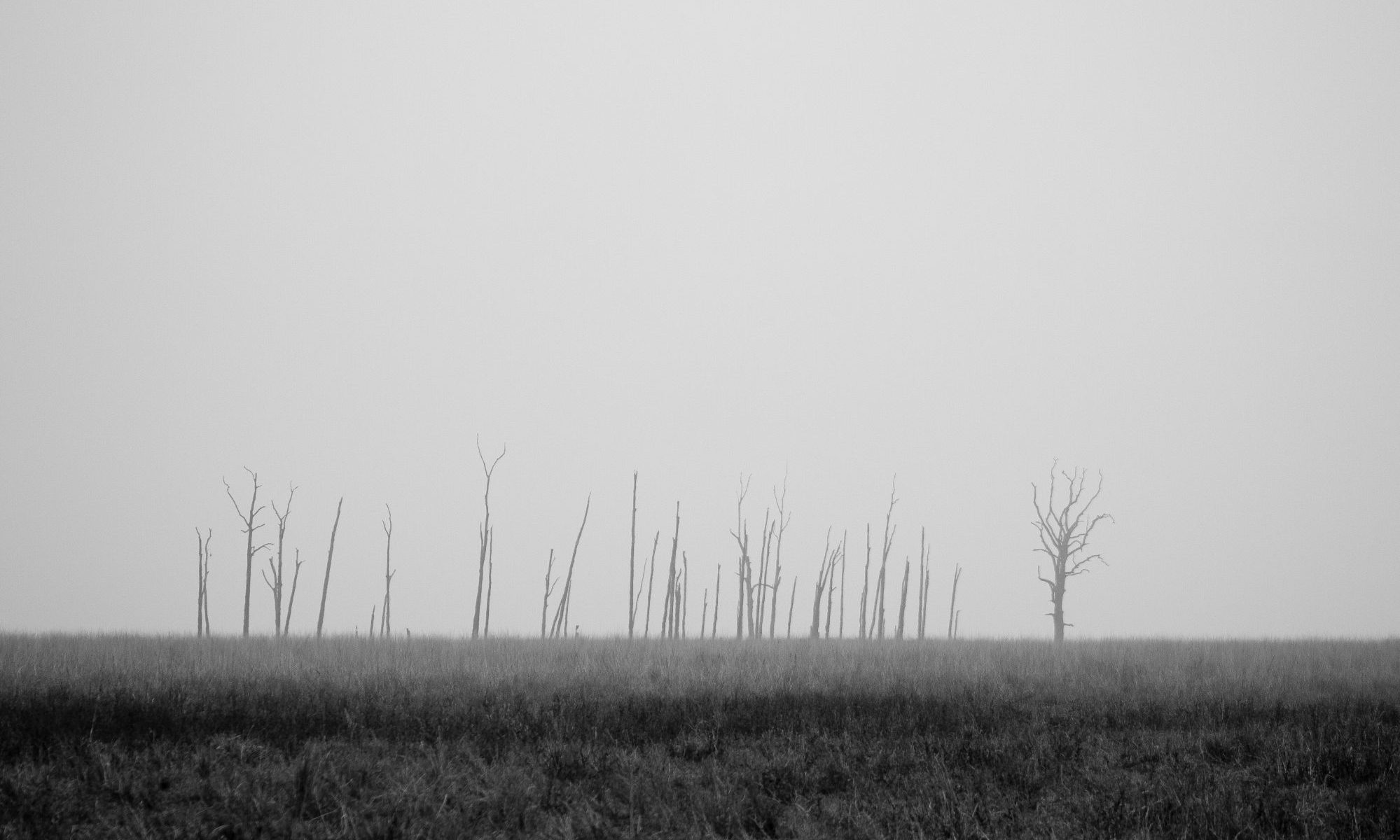
I will honour Christmas in my heart, and try to keep it all the year. I will live in the Past, the Present, and the Future. The Spirits of all Three shall strive within me. I will not shut out the lessons that they teach! ― Charles Dickens in A Christmas Carol
I can’t tell you what I really believe about ghosts. Are they real in the sense that they occupy time and space and energy with the living? Are they the spirits of dead people or the energy echoes of those who lived before us? Are they figments of our guilty, grieving, hopeful imaginations? I have no idea. . . like I said, I don’t even know if they exist.
But I do know this – they are powerful in our American culture and in many cultures around the world. They occupy a liminal space between the real and the magical, a space that allows them both the authority and the transcendence to speak truth with a power that a mere mortal cannot.
Some of the first stories I remember being moved by as a child were ghost stories from the Appalachian Mountains where I was raised. There, the ghosts of American Indians walked the woods with lanterns, and the spirit of a teenage girl who died young gets a lift home from a man on a foggy night. Those stories scared me, yes, but they also taught me something really important about human nature – that we cling to our histories, our heritages in every way we can and that this clinging can create beauty and power that stretches beyond a lifetime.
I see this in my own work as I write about the history and legacy of enslavement in Virginia, in the way I feel the presences of the people who have gone before, in how the ancestors speak to me in tingles and in the research finds that propel me forward. Do I think it’s the spirits of the actual people who were enslaved that help me in these ways? I’m not sure. But I know that when I am open to their experiences, when I am seeking their stories, when I am letting the tingles of intuition and the tidbits of information resonate through me, I find history and story that I would never discover on my own.
It’s for this reason that I chose to use ghosts as the great teachers and guides in my Steele Secrets books. I take my cue from Dickens here, who knew that a ghost might speak a truth that could ring like a bell when it was free from the living entanglements of prejudice and self-interest. A voice free from the chains of society and the worries of a life cuts through the clutter of our dailyness and widens the cracks where the light gets in. (Perhaps Leonard Cohen will haunt us with his blessing forevermore.)
People are wary of ghosts because we are afraid, I expect. We sometimes claim religious reasons or science as a reason for our fear or disbelief, but I wonder if sometimes we are also afraid of being the Scrooge in the story. Are we concerned that we need to be taught a lesson and will be whisked off to our fondest and darkest moments? If so, maybe we need to take our cue from Scrooge again and give in to the journey so that we can come out the other side with softer hearts and a way of being that gives Tiny Tim the space to share his words that bless us all.
About the Author: Andi Cumbo-Floyd
 Andi Cumbo-Floyd is a writer, editor, and farmer, who lives on 15 blissful acres at the edge of the Blue Ridge Mountains with her husband, 6 goats, 4 dogs, 4 cats, and 22 chickens. Her books include Steele Secrets, The Slaves Have Names, and Writing Day In and Day Out. The next book in her Steele Secrets Series, Charlotte and the Twelve, is now available.
Andi Cumbo-Floyd is a writer, editor, and farmer, who lives on 15 blissful acres at the edge of the Blue Ridge Mountains with her husband, 6 goats, 4 dogs, 4 cats, and 22 chickens. Her books include Steele Secrets, The Slaves Have Names, and Writing Day In and Day Out. The next book in her Steele Secrets Series, Charlotte and the Twelve, is now available.
You can connect with Andi at her website, andilit.com, or via Facebook and Twitter.


I love the wisdom in this, Andi. I think “ghosts” force us to confront both our limits and opportunities for transcendence.
I feel the warmth of the spirits while reading the Steele Secrets stories. They bring life to those whose lives were devalued and give us a glimpse into what it may have been like to live with such hatred and disrespect.
Using these ghosts to give voice to the enslaved? Brilliant.
xoxox